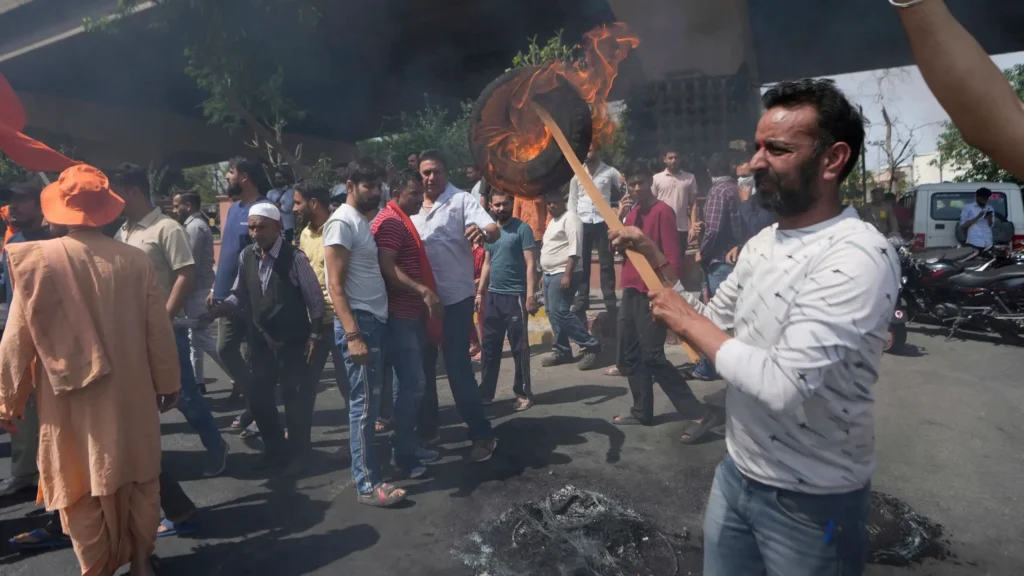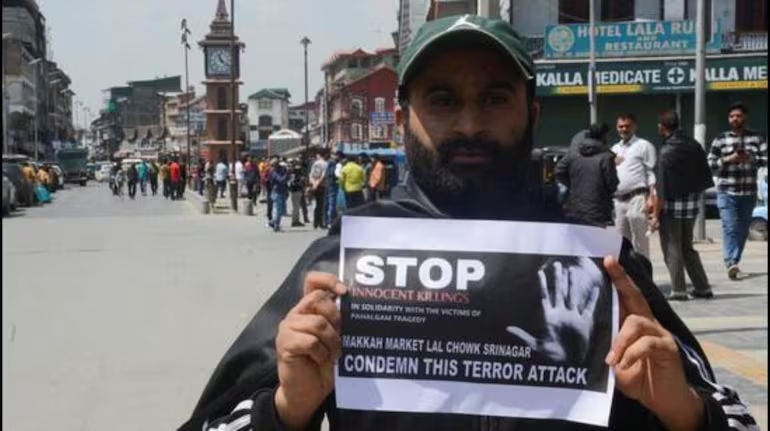Pahalgam Terror Attack: What You Have to Know
The serene landscape of Pahalgam was shattered on April 22, 2025, when a brutal terror attack claimed dozens of innocent lives. Additionally, as the dust settles, here’s everything you need to know about the Pahalgam terror attack, including the context, key details, and international implications.
India-Pakistan Tensions and Militancy in Kashmir
The attack occurred amid escalating India-Pakistan tensions, rooted in decades of conflict over the Kashmir region. Since India revoked Article 370 in 2019, tensions have intensified with frequent accusations of cross-border terrorism. Additionally, security experts believe groups like The Resistance Front (TRF) — an offshoot of Lashkar-e-Taiba — have increased their operations in the Valley, taking advantage of political unrest and international distractions.
This backdrop of geopolitical volatility has once again culminated in tragedy — this time, in the heart of Kashmir’s tourist belt.
Mass Shooting in Pahalgam Terror Attack
In a horrifying escalation of violence, militants ambushed a convoy of tourists in the Baisaran Valley near Pahalgam, using automatic weapons. At least 28 people were killed and over 20 others injured in this well-coordinated assault. Witnesses described the scene as chaotic, with gunmen emerging from forested areas and firing indiscriminately.
This mass shooting in Pahalgam marks one of the deadliest civilian attacks in Kashmir’s recent history.

Baisaran Valley Attack: The Target and Execution
The Baisaran Valley attack appeared to be a deliberate strike against Kashmir’s thriving tourism sector. Security forces believe the attackers had prior knowledge of the tourist movement in the area. Surveillance footage and forensic evidence point to a small, well-trained cell familiar with the terrain.
Additionally, in response, Indian forces have launched a large-scale combing operation using helicopters, drones, and ground troops. The region is currently under strict lockdown.
Indian Tourists Killed : Pahalgam Terror Attack
Among the deceased were 24 Indian tourists from various states, including Maharashtra, Kerala, Karnataka, Gujarat, and Uttar Pradesh. Families mourning the loss of their loved ones have called for swift justice. One of the victims was a young Indian Navy officer, while another served with the Intelligence Bureau — both in the Valley on personal visits.
Additionally, the killings have deeply shocked the nation and renewed conversations around the safety of civilians in conflict-prone zones.

Foreign Tourists Among Victims
The global reach of this tragedy became evident when authorities confirmed the deaths of two foreign nationals — one from Nepal and another from the United Arab Emirates. Both were part of a group on a trekking expedition.
Lastly, their inclusion among the casualties underscores the international fallout of the attack and the vulnerability of even non-local visitors in the region.
International Reaction: Condemnation and Solidarity
Global leaders responded swiftly and strongly:
- U.S. President JD Vance expressed his “unwavering support for India in the fight against terrorism.”
- Russian President Vladimir Putin labeled the incident a “cowardly act of violence.”
- The UAE and Nepal issued strong condemnations, with their embassies offering consular support to families of the deceased.
- European Union and United Nations representatives called for a renewed dialogue on Kashmir’s long-standing instability.
The incident has drawn global attention back to South Asia’s geopolitical flashpoint.

Conclusion:Pahalgam Terror Attack
The Pahalgam terror attack is more than a tragic incident — it is a stark reminder of how vulnerable peace remains in the region. As India steps up counterterrorism efforts, the world watches closely. With increasing India-Pakistan tensions, the need for diplomatic engagement has never been more urgent.
Tourism, once seen as a bridge to peace, now faces renewed threats. The tragedy at Baisaran Valley should serve as a call to action — not just for governments, but for the global community.



0